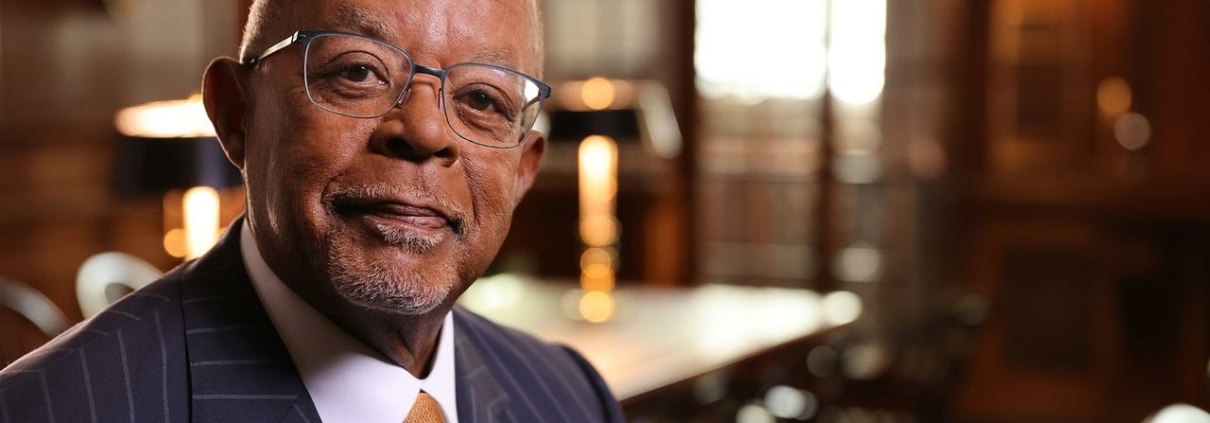Finding Our Roots
Season nine of “Finding Your Roots” has begun on PBS. The show is immensely popular with amateur genealogists, active retirees, and armchair liberals. I’m hooked. Who doesn’t want to see Mandy Patinkin cry when he learns his relatives were killed by Nazis? Or when this season opens so that Julia Roberts and Ed Norton can discover that their ancestors were slave owners. Uncovering family history can be more than pleasant television.
The book we call “Exodus” (not the Leon Uris novel) is known in Hebrew by its first word Shemot, or “Names.” It begins with a genealogic exploration. “These are the names of the sons of Israel who came to Egypt with Jacob, each coming with his household.” In the sentences that follow we learn the names of Jacob’s sons. Those who are named are remembered. The text also reveals that 70 people in total came down to Egypt. Yet only Jacob’s sons are named.
Let’s recall that Jacob’s sons numbered 12, and his daughter Dina made a baker’s dozen. Dina is not named. Presumably, Jacob had daughters-in-law. Women’s names are forgotten. By virtue of selective naming, the narrative focused on those who are named. Remembering men and not women sets the tone for a patriarchal Judaism.
Judaism is built upon recalling our roots. Even our silent prayer service, the Amidah, begins with a blessing for our ancestors, Abraham, Isaac, and Jacob. Now we add Sarah, Rebecca, Rachel, and Leah. Those that we bless and those that we name are each the beginning of a narrative. The storyline of our lives begins with our ancestors, men, and women.
I found greater purpose in conducting genealogic research from my discomfort with the male focus of how Exodus begins. The more I search, the more I learn, the more I learn, the more I have an appreciation for how I came to be me. These are stories I want my children and grandchildren to know and tell. Stories of their great-grandfathers and great-grandmothers.
Exodus begins with this lesson. You move forward after you look back. When you know from where you came, awareness becomes appreciation. With appreciation for our past, gratitude deepens. With gratitude, greatness can emerge. But the story is only half true if told from the perspective of men.
My advice is to record and preserve your family history. Genealogical work is more than a hobby. It is a holy endeavor that gives honor to those who made our lives possible and sets a footing for future generations to create better lives and a better world. Especially true if you pay attention to your female ancestors.
Rabbi Evan J. Krame





 Evan J. Krame was ordained as a rabbi by the
Evan J. Krame was ordained as a rabbi by the